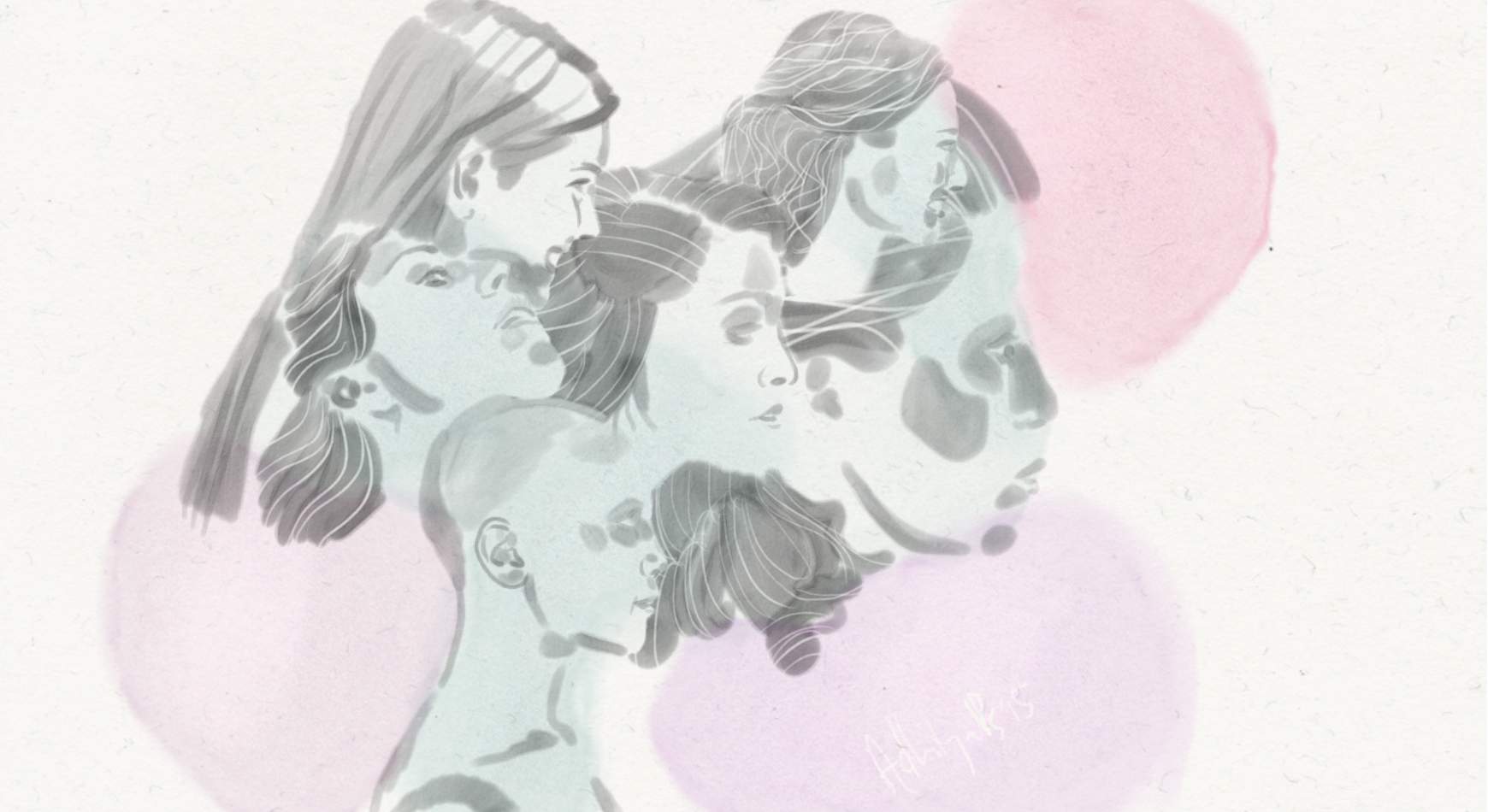From the eloquent Virginia Woolf; the martyred suffragette Emily Davison; the intellectuals of the likes of de Beauvoir, Greer and Wolf; the impeccable Emma Watson; to the online activists of Everyday Sexism – feminism is the faces of many women and men, manifested in different thoughts and expressions, all with the common goal of bringing equality for women in all areas of their lives.
Unfortunately, many people get it wrong and the fallacies continue to be propagated to this day.
Here are the ten biggest misconceptions about feminism:
-
Feminists hate men
This one is the oldest and most tiresome fallacy on feminism. Feminism is a movement and ideology that champions equality for women in political, economic, cultural, personal and social spheres. It has never been an ideology of hate.
-
To achieve equality, feminism must emasculate men
Achieving gender equality does require deconstructing masculinity, but it is not the same as emasculating the male sex. In its hundreds of years of history (even before the word “feminism” was coined) the movement has cultivated a tradition of deep contemplation and rethinking of the social construct of genders as well as gender dynamics. It is supposed to actually improve gender relations, not strengthen one sex at the expense of the other.
-
Feminism only helps women
Feminism doesn't just liberate women; it also liberates men by breaking down the standards put in place for women and men by the society. Feminism is about changing self-limiting gender roles, sexual norms and sexist practices. Men have the freedom to explore life beyond the rigid boundaries of traditional masculinity. Also feminism believes in equal access to education, which probably enabled your mom to get her university degree and get a job way back then, giving you and your brothers better opportunities in life. With education, women tend to make better life choices, resulting in healthier and more optimally functioning families and communities.
-
Only women can be feminists
Feminists are committed to addressing daily problems like domestic violence, rape and sexual assaults, unequal pay, sexual objectification, etc. The best way to address these problems is to involve men, raising male employees’ awareness on gender sensitivity, teaching young boys to respect girls, getting fathers to share the housework loads and be more involved in raising their kids, and so many other ways.
-
To be a feminist you must be an atheist
While it’s true that some religions have highly patriarchal perspectives and perpetuate age-old discriminative practices against women, it doesn’t mean there’s no room for improvements. There have been many who bring women-friendly interpretations into religious teachings. In Indonesia we have this feminist ulema and this Muslim scholar and a few others. You don’t have to ditch your religion to believe that women are entitled to the same rights as men.
6. Feminists don’t believe in marriage
How silly. A lot of feminists are happily married (yours truly included). As long as a marriage provides personal, legal and social values to the two people involved, there’s no reason to reject the institution of marriage. What feminists are against is when the society values marriage as a “better place” for women, socially punishing those who are not married or divorced, and when a marriage is treated as a way to control women. Also, true feminists believe legal marriage should be allowed for all sexual preferences and gender expressions (yes, we believe in same-sex marriage!).
-
True feminists don’t wear bras and make up
Rubbish! Feminism is about giving women choices – not limiting them – of self-expression. Can’t go out without your high heels? By all means wear them. Fancy that little black dress? Why not. But expressing yourself in a traditional expression of femininity is a choice, not an obligation, and it should not define you as a person. Personally, I like looking good, but I hate to waste too much time and energy on doing it, so I hardly wear make-up, save maybe brow powder and lip-gloss.
-
Feminism is a western concept
To be honest, this has been one of the main self-criticism within the feminist movement in the past: that feminism, the movement and ideology, is Eurocentric and dictated by white middle class women. It was also criticized for its tendency to overlook class, caste, religion, ethnic bias and racial discrimination that complicate the idea about gender. However feminism has long existed in non-western part of the world, from South America, Asia to Africa, though with slightly adjusted focuses according to the local contexts.
-
Feminism hasn’t changed for ages
Wrong! The first wave of feminism in the 19th hundred and early 20th centuries focused on civil and political equality, mainly women’s rights to vote. The second wave, which began in the 1960s all through the 1980s, widened the goals to include issues of sexuality, family, the workplace, reproductive rights and other legal inequalities. The third-wave feminists broadened the debates to focus on ideas like queer theory, abolishing gender role expectation and stereotypes. The current awareness in feminism – what is arguably sometimes called the fourth-wave feminism – embraces the idea of “intersectionality”, the multiple, interlocking oppressions of race, sex, sexuality and class. It is a movement and awareness that advocate people to make space for those who are marginalized politically, economically and socially because of their gender, sexual preferences, race and class.
-
There’s no need for feminism now because women are equal to men already
This cannot be more wrong. Let’s revisit the women’s lib’s demands in the 1970s: The first four of them are equal pay, equal opportunity to education and work, guarantee of their reproductive rights, and an end to violence or sexual coercion regardless of marital status. Now let’s look at the facts today: According to a report by the UN’s International Labour Organization, women across the world earn only 77 percent of the amount paid to men, a figure that has improved only three percentage points in the past 20 years. On top of that, many jobs are still not friendly to mothers, and top leadership posts in companies and governments are still overwhelmingly held by men. Secondly, in many developing countries including Indonesia the number of girls dropping out of school is higher than boys because they are seen by parents as not worth the economic investment. Third, though contraceptives are widely available now, many countries (Indonesia including) still allow child marriage, which perpetuates domestic violence and poverty. Fourth, rape culture is actually thriving both in developed and developing countries alike. In countries like Indonesia the law and law enforcers on sex violence cases are hardly on women’s side.
Adding to these, the grisly tradition of female genital mutilation is still being practiced in Africa and even in Indonesia. And, don’t forget, though women will be voting for the first time in Saudi Arabia this year, they are still not allowed to drive or leave home without a male relative chaperone.
So you think our work is done? Think again.
*Read Devi’s interview on one of Indonesia’s first feminists Kartini and follow @dasmaran on Twitter.







Comments